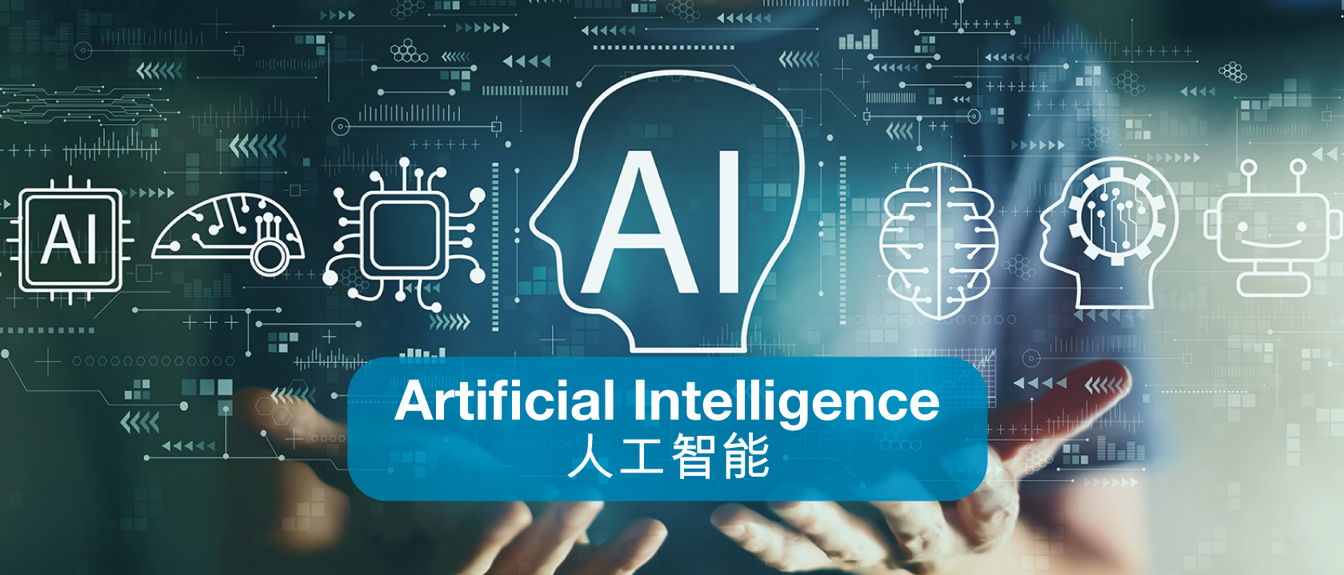
Mind-Blowing Class: From Knowledge and Skills to Literacy and Culture
Future Learning Theatre
Overview
Generative artificial intelligence provides a major shift for content innovation, method implementation, resource integration, and teaching research transformation in education. The proposal of ‘mind-blowing classes’ aims to promote the learning, understanding, application, and innovation practices among primary and secondary school teachers based on generative artificial intelligence. This includes four specific questions:
1. How can excellent traditional Chinese culture be integrated with subject practice in terms of content?
2. How can a discovery-based triangular dialogue among teachers, students, and AI be conducted in terms of methodology?
3. How can an intelligent agent based on the Socratic method be constructed in terms of technology?
4. How can the decoding of exemplary lessons and the feedback mechanism for lesson chains be realised in terms of teaching research?
Centered around the digital transformation of teaching and educational research, Tianhe District in Guangzhou City, Guangdong Province, has taken ‘mind-blowing classes’ as a key initiative. Since July 2023, it has been conducting experiments for the Ministry of Education's Artificial Intelligence Boost to Teacher Team Building Project. By June 2024, the first phase of the project involving 144 teachers was completed, resulting in 709 teaching designs, 735 lesson videos, and 199 micro-innovations in teaching. The exploration titled ‘From “Micro” Innovation to “Macro” Cooperation—The Tianhe Exploration of Generative Artificial Intelligence Boosting Teacher Team Building’ won the Excellent Case Award of the Ministry of Education's Smart Education Demonstration Zone in 2024. Additionally, five courses including ‘How GAI Empowers School (Regional) Teacher Collaboration’, ‘Classroom Debates Assisted by Intelligent Agents: Innovation in Teacher Roles and Student Thinking’, and ‘GAI Empowered “Dual-Teacher Classroom”: Making Thinking Visible’ were selected for the National Primary and Secondary School Smart Education Platform’s Digital Literacy Courses for Summer Teacher Training in 2024.
The enhancement of digital literacy among teachers and students against the backdrop of artificial intelligence makes personalised education more feasible, subject practice more crucial, and both learning and teaching communities more meaningful.


